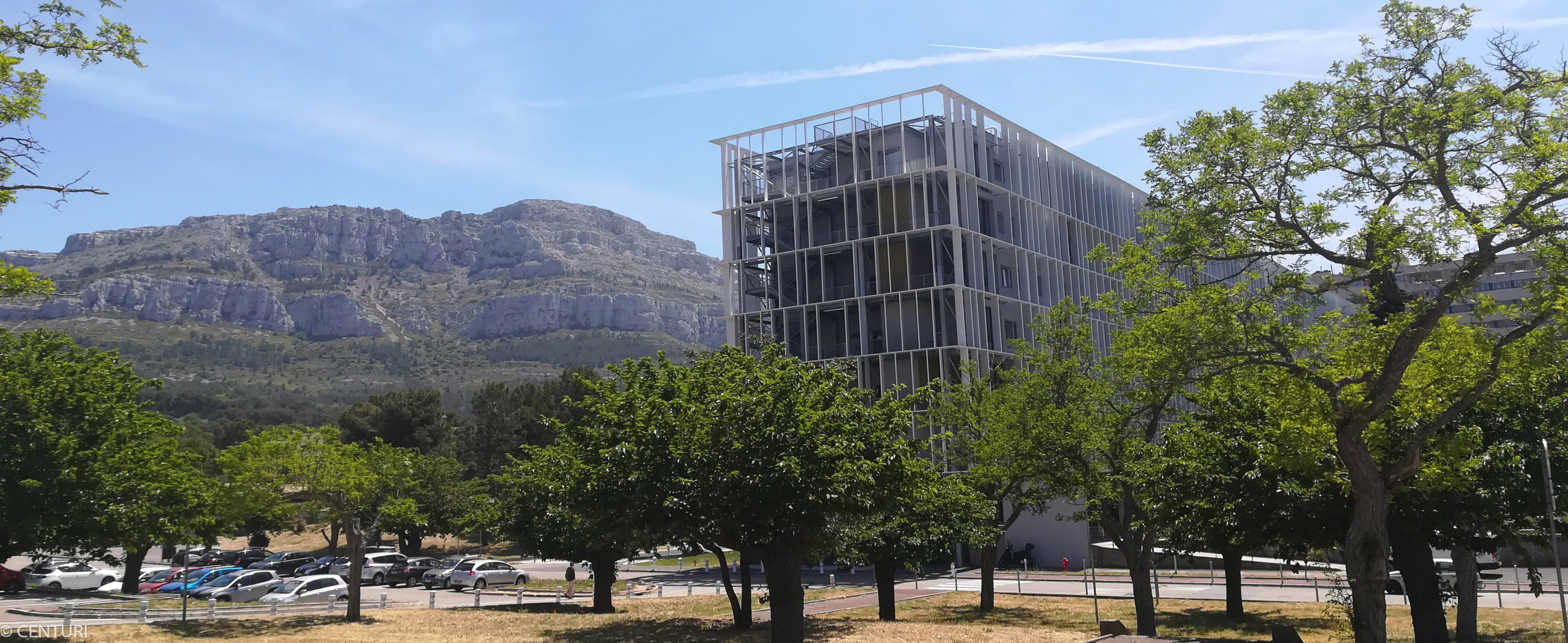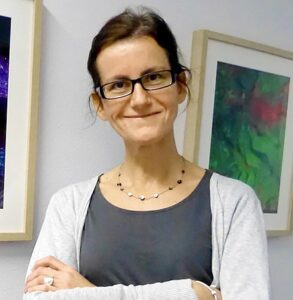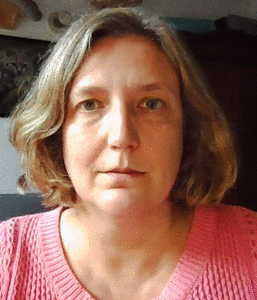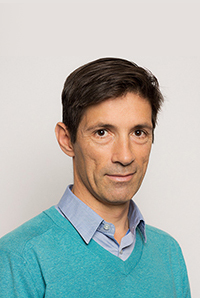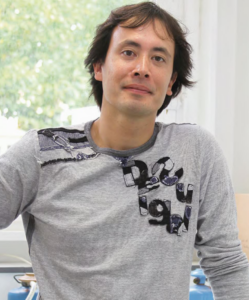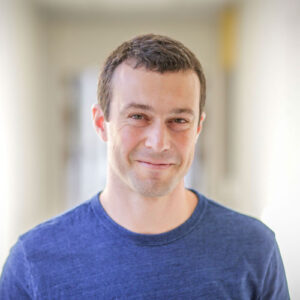CENTURI Summer School
2023
CENTURI Summer School
2023
From data to biology and back
June 19 - June 30, 2023 - Luminy campus (Marseille, France)
Traditionally, scientists and engineers have distinct jobs: while scientists experiment and discover, engineers design and build. But this distinction no longer stands today, and engineers participate in the scientific process of discovery in many ways. This is particularly true since the advent of technologies for high-throughput data acquisition in fields such as genomics and neuroscience, that allow studying the structure, function, growth and chemistry of living systems with unprecedented resolution. New mathematical and computing methods may contribute to a better understanding of the complexity and dynamics of living systems.
The time has come for reverse engineering biological systems: in the century ahead, engineers will be essential contributors for understanding many unanswered questions in biology.
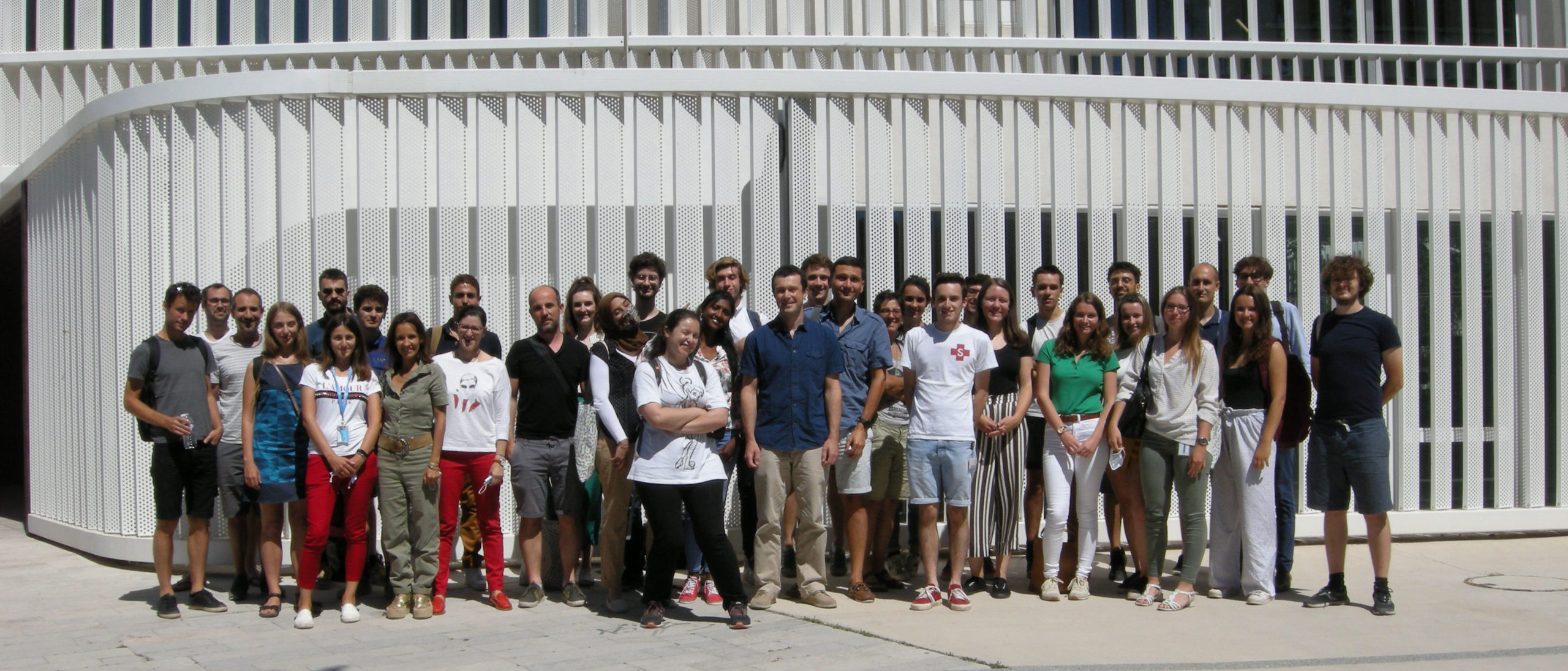
We created the CENTURI Summer School to build bridges between scientists and engineers, allowing them to meet, exchange and work together on interdisciplinary projects.
The CENTURI summer school is aimed at students from Master of Science and engineering schools (Bachelor students in their final year are also accepted) with backgrounds in Physics, Mathematics and Computational Sciences who are interested in applying their skills towards problems in Biology. The summer school, entitled “From data to biology and back”, will introduce major open questions in systems biology. It will address those questions through the use of state-of–the-art techniques for analyzing and modelling data sets, via hands-on projects.
Program
The mornings will include lectures by high-level speakers to tackle biology’s challenges in data analysis (see below). They will also include hands-on workshops for biological data analysis, with 3 different tracks:
Morning workshops
- Hands-on workshop – track introduction to PythonThese workshops aim at teaching the basics of coding (variables, condition statements, loops, etc.) using reaction diffusion simulations as a support, more specifically the Turing patterns.
At the end of the course, we would like you to be able to write small pieces of code to do basic data analysis. While this is an introductory class, the time is short, so having at least a small knowledge in coding (not Python necessarily) would ensure that you are not completely stuck from the get go. If you are not sure whether your level fits don’t hesitate to contact Léo via email: leo.guignard@univ-amu.fr - Hands-on workshop – track Machine learning and data analysisThe first part of the workshop will cover basic supervised learning algorithms for classification (SVM, Random Forest, K-nearest neighbors) and apply them to a simple dataset.In the second part of the course we will discuss the FAIR data principles (findable, accessible, interoperable, reusable) and we will see how to build a pipeline that allows full reproducibility of your analyses.
To attend this course students are supposed to be familiar with basic python programming (type of variables, conditional statements, loops) as well as with standard libraries such as numpy, matplotlib. Some knowledge of the library pandas could be also useful. - Hands-on workshop: track deep learning.
Important: this course requires previous coding experience.
The aim of this course is to give an overview of what are Neural Networks, how do they work and how to use them for tackling some image analysis related problematics. For the practical part, you will both build and train a UNET network from scratch using Tensorflow/Keras programming framework in Python, and see how to use some popular ready-to-go deep learning sotwares.
Each participant will choose one track and follow the associated training modules (5x 1,5 hour, per track).
Invited speakers
Afternoon projects
Enrolled participants will work in small groups (3-5 people) on concrete biological data analysis projects (proposed by Principal investigators) during the afternoons of the summer school. Each group will be advised by a mentor, who will guide and support students to solve the projects' biological questions, using biological data analysis. The type of data will vary depending on projects. At the end of the summer school, participants will present their project to instructors and fellow participants.
Scientific program
Useful information
The Summer School will welcome 25 students. Applicants should have some experience using Matlab and Python. Each student should bring a laptop.
Our Summer School is aimed at students from Master of Science and engineering schools (Bachelor students in their final year are also accepted) with backgrounds in Physics, Mathematics and Computational Sciences who are interested in applying their skills towards problems in Biology.
Registration fees: 75€ (excluding taxes)
Students who joined our internship program are exempted from registration fees.
For informal enquiries: info@centuri-livingsystems.org
Deadline for application: April 28, 2023
Housing
Accommodation is provided to non-local attendees.
Participants will be hosted at the CROUS on the Luminy Campus.
Venue
CENTURI Summer School's morning workshops will take place on the Luminy Campus, in the Hexagone
Afternoon projects will take place in the tutors' lab / institute.
